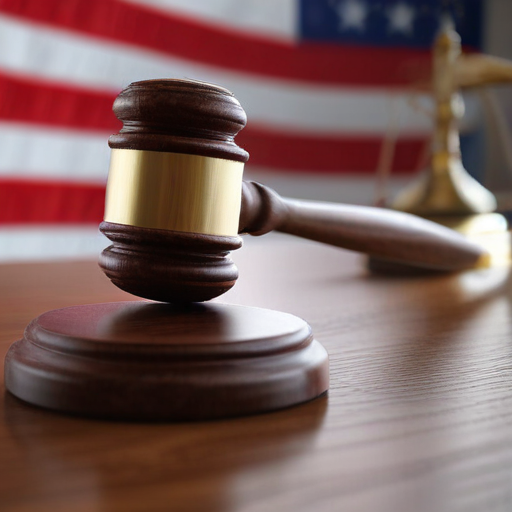Donald Trump has a reputation for prioritizing loyalty in his selections for key positions, particularly for the role of Attorney General. His dismissal of Jeff Sessions, former Attorney General, after Sessions recused himself from the Mueller investigation, highlights this pattern. Trump subsequently appointed Bill Barr, who attempted to shield Trump and his associates, but ultimately fell out of favor when he refused to manipulate justice on Trump’s behalf.
Currently, reports indicate that Trump’s transition team is already administering loyalty evaluations, focusing on candidates’ allegiances not only to Trump but also regarding the events of January 6th and their views on the 2020 election. Those who do not align with Trump’s views appear to be overlooked for consideration.
Pam Bondi, a former attorney for Trump and a key figure in efforts to contest the 2020 election results, seems to fit the mold of what Trump seeks in an Attorney General. Her past calls for the prosecution of career officials simply fulfilling their duties have raised concerns. She openly encouraged the “lock her up” chant aimed at Hillary Clinton during the 2016 Republican National Convention, reflecting her commitment to partisan loyalty over the foundational principle of a fair and independent justice system.
Senator Dick Durbin, the U.S. Senate Democratic Whip, expressed serious concerns regarding Bondi’s candidacy, emphasizing that her qualifications as seen by Trump are alarming for the integrity of the Justice Department. Durbin’s remarks underline the potential threat to the independence of the DOJ should Bondi be appointed, given her demonstrated allegiance to Trump’s interests above those of the American public.
In conclusion, while the nature of loyalty in politics can often lead to beneficial alliances, the implications of prioritizing personal allegiance in positions of judicial authority raise important questions about the future of legal impartiality and the rule of law in America. This situation invites further discourse on how the interplay of loyalty and justice shapes the framework of governance.
